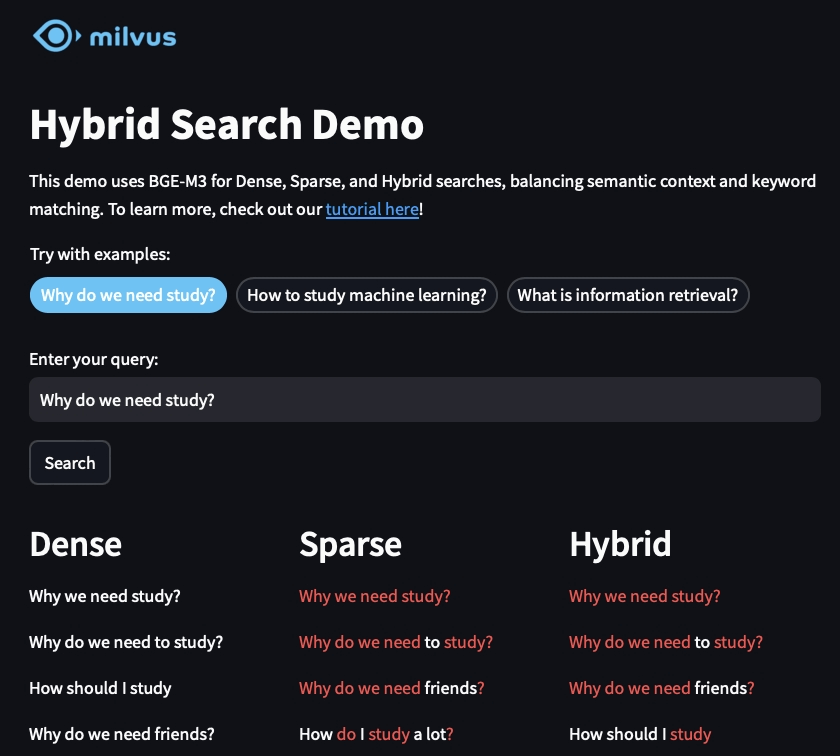Common full-text search databases are specialized tools designed to efficiently index and query large volumes of unstructured text. They enable fast, flexible searches across documents, websites, or datasets by analyzing content rather than relying on exact matches. Below are widely used options, their features, and typical use cases.
Three popular standalone full-text search engines are Elasticsearch, Apache Solr, and Amazon OpenSearch Service. Elasticsearch, built on Apache Lucene, is a distributed, scalable solution known for real-time indexing and complex query support. It’s often used for log analytics (e.g., the ELK stack) or application search. Apache Solr, also Lucene-based, offers robust features like faceted search and hit highlighting, making it a fit for enterprise search platforms or e-commerce product catalogs. Amazon OpenSearch Service (a fork of Elasticsearch) provides managed infrastructure for teams wanting cloud-based deployment without operational overhead. These tools excel in scalability and handling high-throughput workloads but require separate infrastructure from primary databases.
Many traditional databases include built-in full-text search capabilities. PostgreSQL uses tsvector and tsquery data types with GiST or GIN indexes to enable efficient text searches, ideal for applications already relying on relational databases. MySQL and SQLite offer simpler full-text indexing for basic keyword matching, suitable for small-scale projects. Microsoft SQL Server includes full-text search components like semantic search and thesaurus customization. While these integrated solutions reduce system complexity, they often lack the advanced features (e.g., typo tolerance, multilingual analysis) of dedicated engines like Elasticsearch. Developers might choose them when tight integration with existing data or transactional consistency is critical.
For specialized use cases, alternatives like Algolia (SaaS) and MeiliSearch (open-source) prioritize speed and simplicity. Algolia offers preconfigured relevance tuning and instant search results, commonly used in e-commerce or documentation sites. MeiliSearch focuses on lightweight, easy-to-deploy setups with typo-tolerant searches, appealing to startups or projects needing minimal setup. These tools abstract infrastructure management but may lack customization compared to self-hosted options. The choice depends on factors like scalability needs, existing tech stack, and development resources—standalone engines for complex requirements, integrated database features for simplicity, or managed services for rapid deployment.
